Ingredients
Rehmannia root (Rehmania glutinosa) is considered a longevity tonic in traditional Chinese medicine where it has been used for thousands of years as one of the essential herbs for a range of ailments from diabetes to urinary incontinence. Among the chief constituents of Rehmannia root are iridoid glycosides, simple glucose molecules known to stimulate the adrenal glands to produce cortisol. An animal clinical test in Beijing showed Rehmannia root extract to be effective when used concurrently with dexamethasone. Plasma corticosterone concentrations were dropping dangerously before treatment but began to reverse and normalize within four to six weeks of the combined herbal and conventional therapy. The study indicates that the use of Rehmannia root in addition to conventional treatment is even more effective than conventional treatment alone.
Licorice (Glycyrrhiza glabra) has been used in both Eastern and Western medicine and culinary arts for thousands of years. It has a wide range of medicinal uses, including positive benefits for Addisons disease in dogs. A clinical study published in the New Zealand Veterinary Journal, 53(3) 2005 examines the case of a four year old male dog who had been diagnosed with Addison’s. The dog had persistent high potassium levels despite receiving a dose of fludrocortisone. Researchers were able to bring potassium levels back to normal by adding whole licorice to the dog’s diet, thereby finding licorice to be a “useful adjunct in the management of canine hypoadreno-corticism.”
Astragalus is a powerful multi-functional herb that is safe enough to use as a general health tonic but effective enough to have meaningful effects on a wide range of maladies. It has been used for centuries in traditional Chinese medicine for its immune-boosting and anti-aging effects. In Addisons disease in dogs, Astragalus may aid a struggling immune system and encourage the body to fight off viruses that burden the adrenal glands.
Gentian root is a slow growing herb from the Alps and Himalayas. It has been used in European herbal medicine for over 2000 years and was said to have been discovered by Gentius, King of ancient Illyria, from whom it gets its name. Naturopathic physicians claim it is wonderfully effective against all sorts of digestive upsets, including appetite loss, gas, diarrhea, heartburn, etc. It also has germicidal properties, elevates the appetite and assists the immune system.
Ginger is well-known for its culinary contribution and stomach-soothing qualities. It has been used for these purposes for thousands of years with significant applications for Addisons disease in dogs. It has been used to stimulate bowel movements, ease nausea, and soothe intestinal issues.
Dosing instructions
Add to food:
- Small Dogs (under 21 lbs) 1 dropper twice daily
- Medium Dogs (21 to 60 lbs) 2 droppers twice daily
- Large Dogs (61 to 100 lbs) 3 droppers twice daily
- Giant Dogs (101 lbs and up) 4 droppers twice daily
NOTE: One “dropper” equals one squeeze of the black bulb (1.0mL), which fills the pipette about half full. Refrigerate after opening. Add to food or give by mouth.

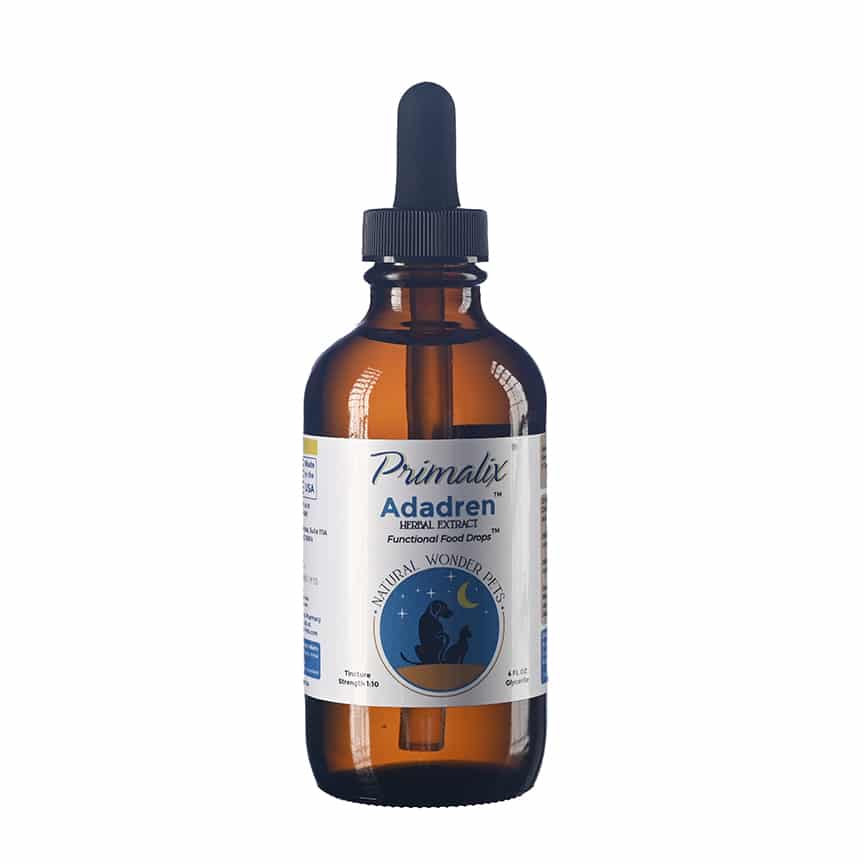
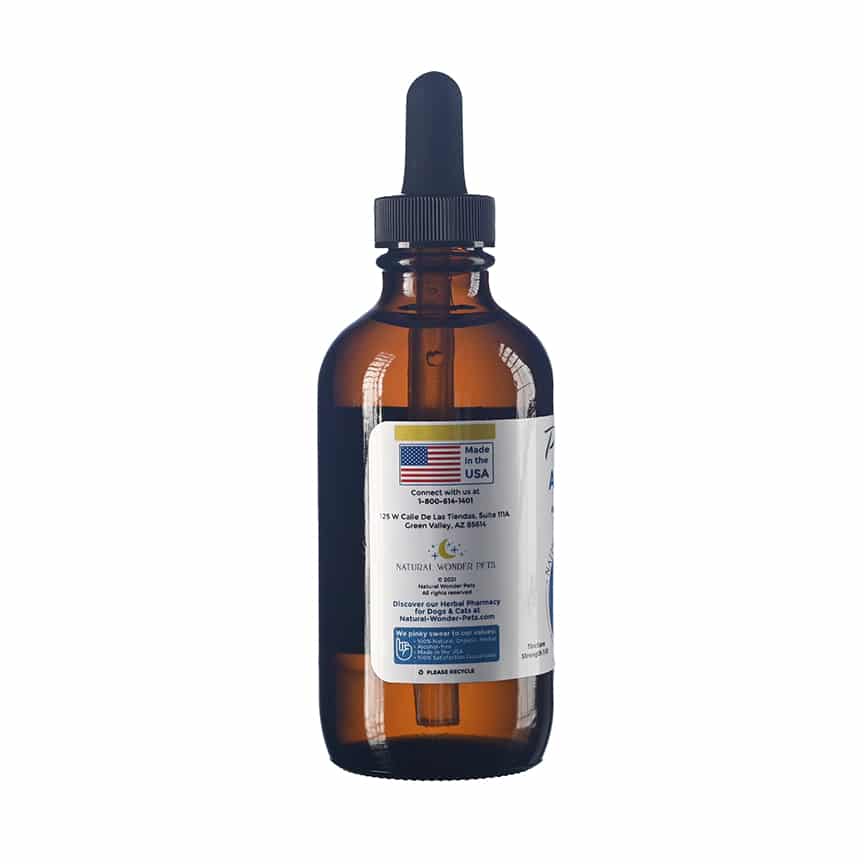
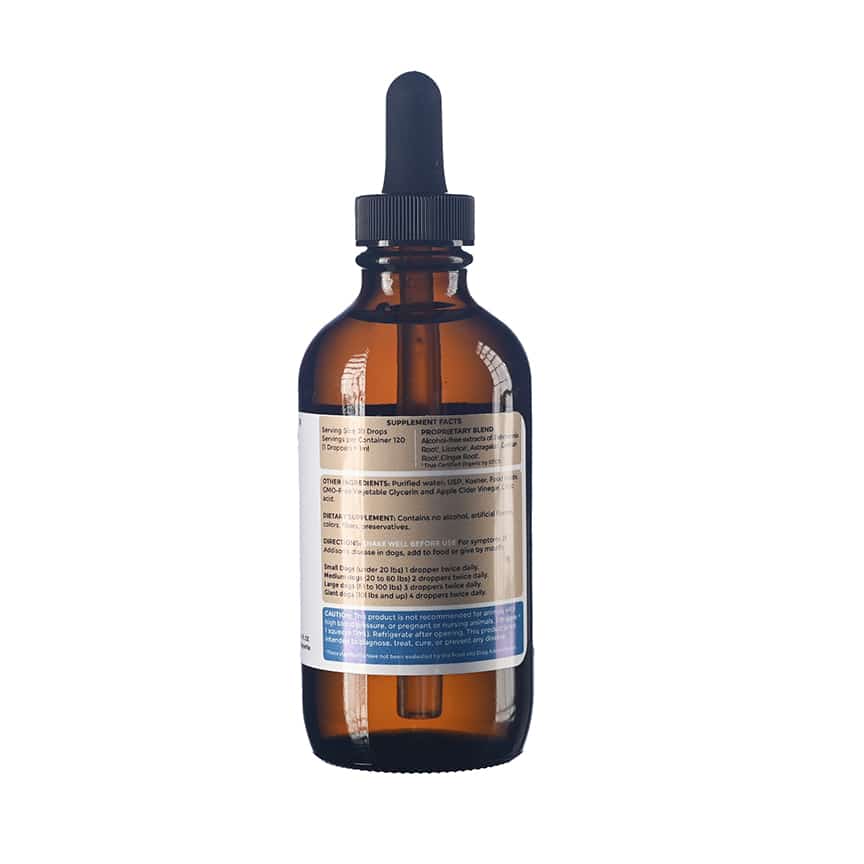
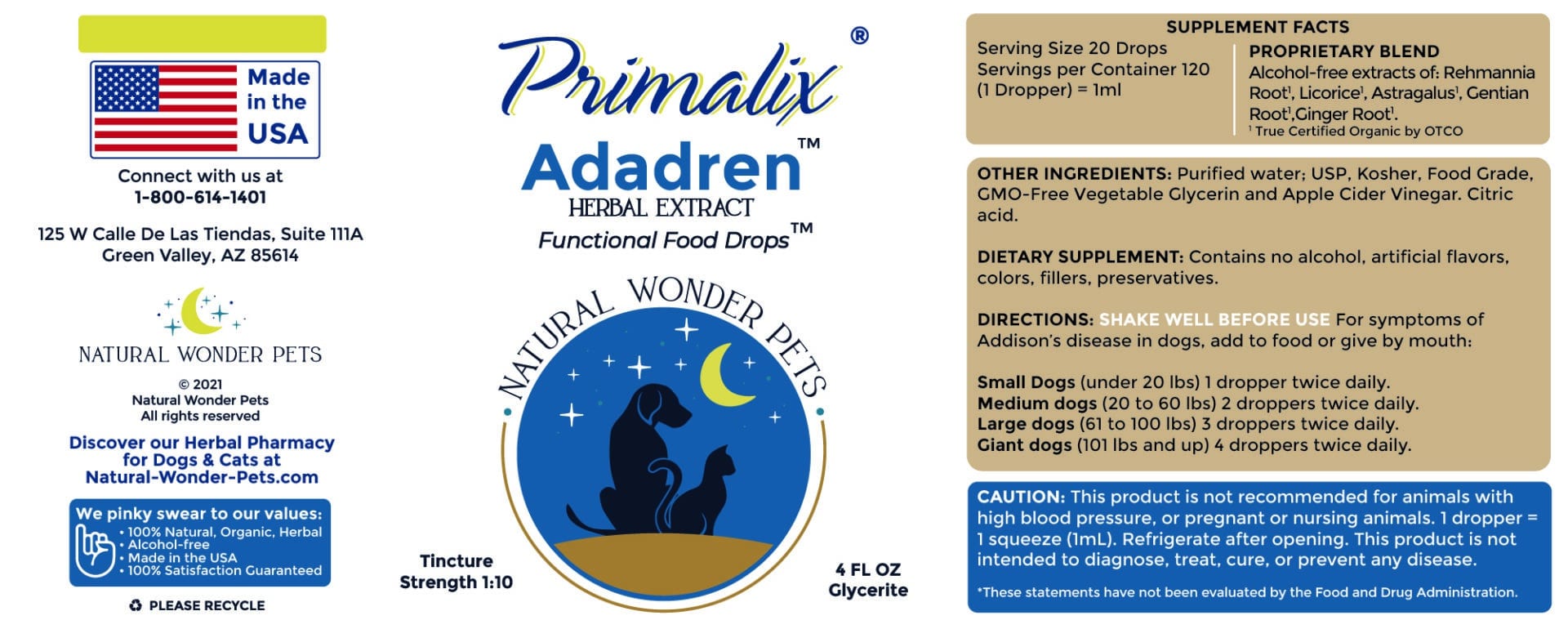
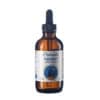
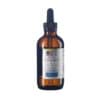
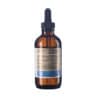
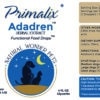
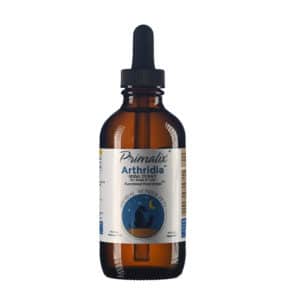
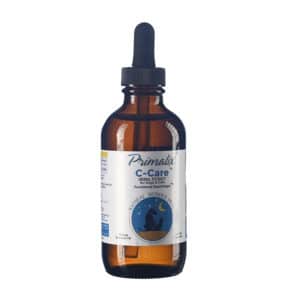
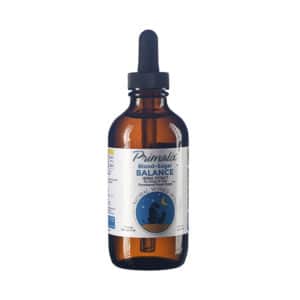
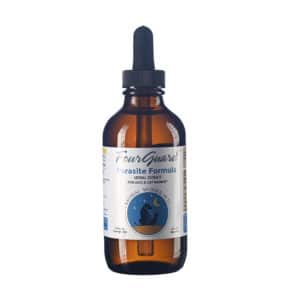
Reviews
There are no reviews yet.